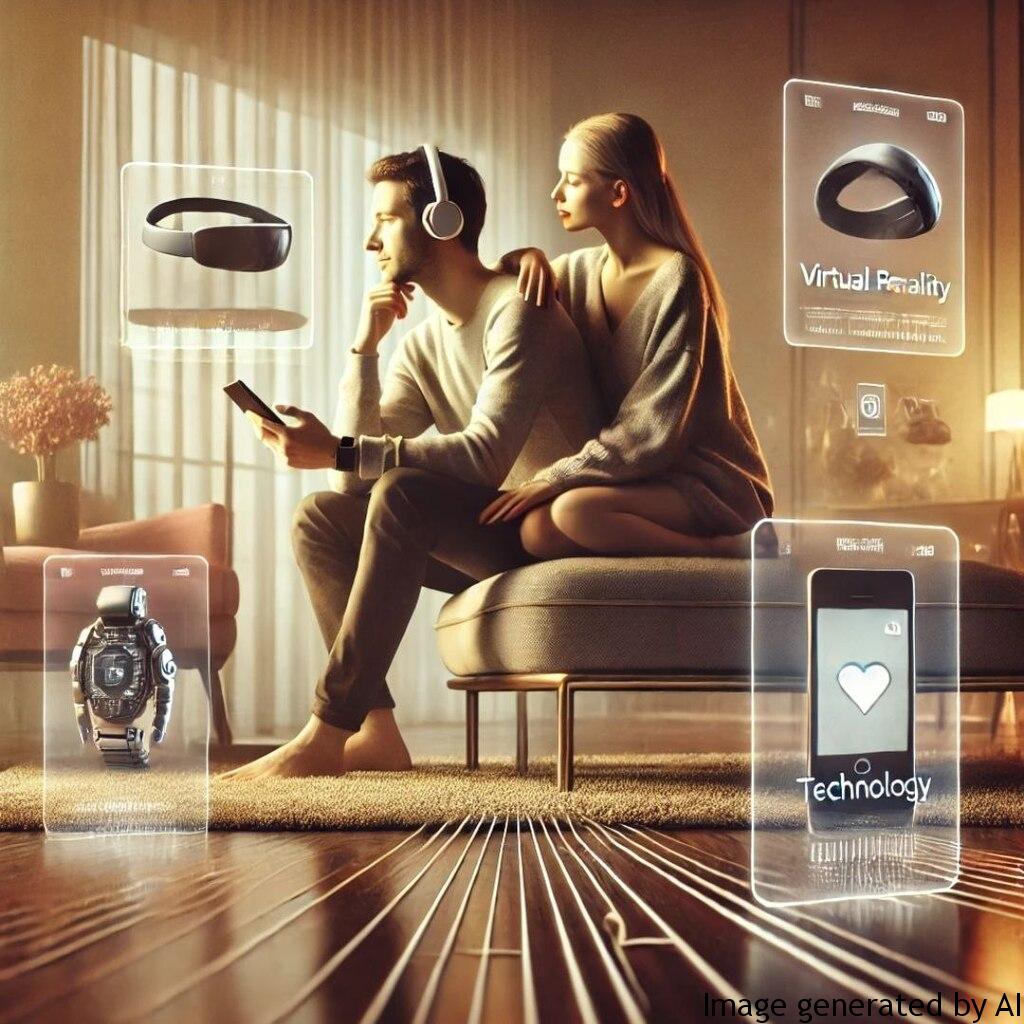Introduction
The interplay between sexuality, gender, and technology has become an increasingly important area of discussion in the 21st century. The advent and widespread adoption of digital technologies have not only transformed our social and cultural structures but have also significantly influenced our sexual lives and gender identities. However, the effect of these interactions on men’s psychological health is only just beginning to be studied.
Description of Gender Expectations and Their Impact on Men’s Mental Health
Traditional Gender Expectations
Traditional gender expectations impose upon men the pressure to be ’emotionally strong’, resulting in them hesitating to express their vulnerabilities and seek help for psychological issues. This can potentially worsen or prolong mental health issues and boost the stigma surrounding mental health.
The Role of Technology
Technology, with its varied tools including social media platforms, dating apps, and online counselling forums, paradoxically both exacerbates and breaks down these traditional gender boundaries. Certain elements of technology may perpetuate traditional gender expectations; online dating apps for instance can encourage unhealthy machoistic behaviors. Conversely, these same tools can provide an anonymous and judgement-free space for men to discuss their psychological state and explore their sexualities with more freedom.
Examples of How Gender Roles Can Impact Men’s Lives
Male users of social networking sites may feel the need to use a flamboyant ‘digital mask’ to uphold traditional masculine standards. Simultaneously, males may face peer judgment on dating apps for being too emotionally open or for not adhering to traditional sexual norms. Men may also find it challenging to balance societal expectations of being both an unemotional traditional male and a new-age sensitive man.
Advice for Improving Mental Health Considering Gender Roles
To navigate the interconnected world of sex, gender and technology, one must strive for a balanced approach. This involves engaging positively with technology – using it as a tool to seek help for mental health and explore gender identity freely, while being aware of its potential to amplify societal pressures. Also, it is helpful to question traditional gender roles and form healthy, individual definition of masculinity which includes vulnerability and emotional health.
Conclusion
Sex, technology and gender have a profound and intertwined affect on male psychological health. While there are pressures and dangers accompanying these influences, there is also an unprecedented space given for men to explore and express their complexities. Ultimately, a balance needs to be struck, allowing technology to facilitate a healthier, more holistic understanding of masculinity and male sexuality.

